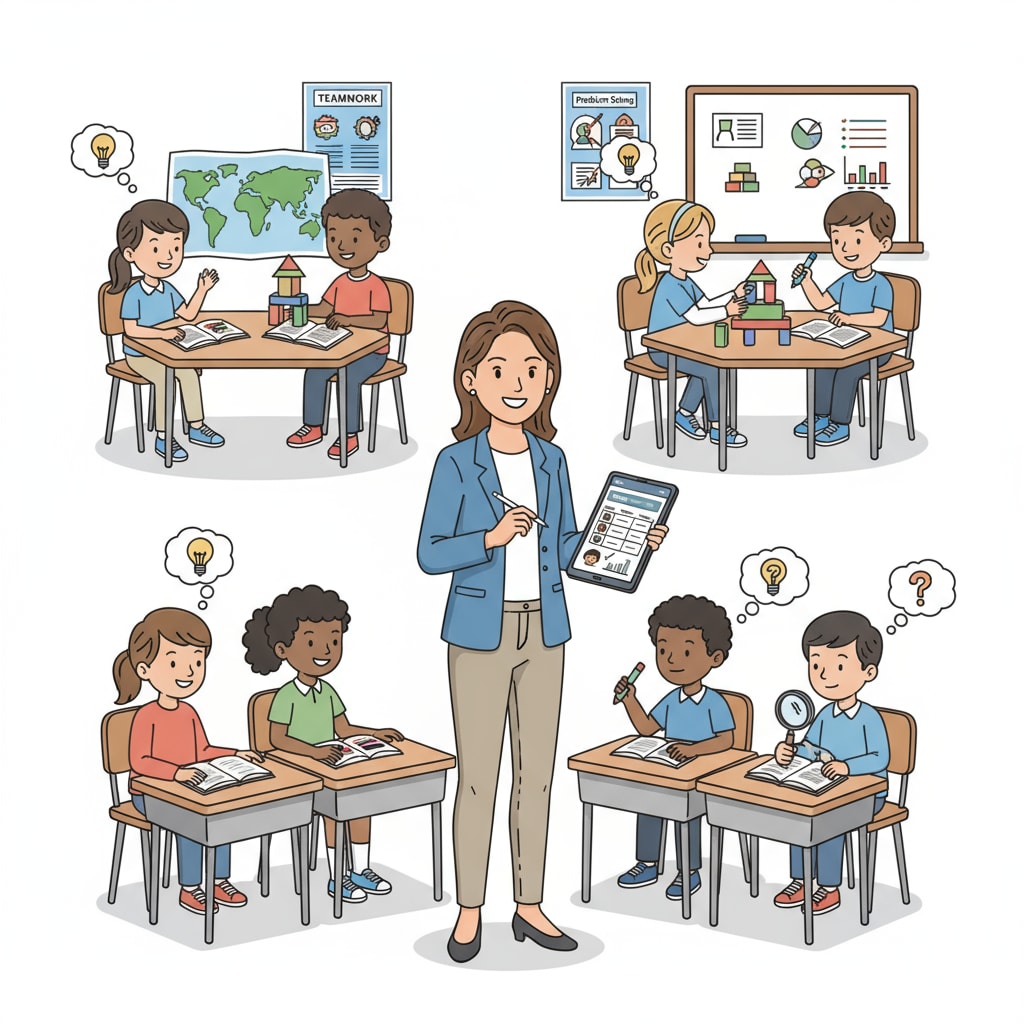In the realm of K12 education, data recording, micromanagement, curriculum planning, and administrative supervision are key elements that significantly influence the teaching environment. Teachers often find themselves at a crossroads, juggling between the need for autonomy in their professional practice and the requirements of administrative oversight. This balance is crucial for maintaining high-quality education.

The Impact of Data Recording on Teacher Autonomy
Data recording has become an integral part of modern education. Schools and districts are increasingly relying on data to evaluate teacher performance and student progress. While data can provide valuable insights, it also places an additional burden on teachers. For example, teachers may have to spend excessive time collecting and analyzing data, which could detract from their time for lesson planning and interacting with students. According to the National Education Association, this overemphasis on data recording can limit teacher creativity and autonomy in the classroom.

Micromanagement and Its Consequences
Micromanagement in education refers to the excessive control and detailed supervision of teachers’ daily activities. Administrators may dictate minute details of how a lesson should be taught, from the teaching methods to the choice of materials. This level of control stifles teacher innovation and motivation. Teachers need the freedom to adapt their teaching to the unique needs of their students. As stated by ASCD, micromanagement can lead to high teacher turnover rates and a decline in overall teaching quality.
Curriculum planning is another area where the balance between autonomy and supervision is crucial. On one hand, a standardized curriculum ensures that students across the district or state receive a consistent education. On the other hand, teachers should have the flexibility to incorporate local context, student interests, and their own teaching expertise into the curriculum. A one-size-fits-all approach may not meet the diverse needs of students.
Administrative supervision is necessary to maintain educational standards. However, when it becomes overly intrusive, it can have a negative impact on teacher morale. Teachers should feel trusted to make professional decisions regarding their teaching. By building an educational ecosystem that values both trust and accountability, schools can create a more positive working environment for teachers.
Readability guidance: In this article, we’ve explored how data recording, micromanagement, curriculum planning, and administrative supervision interact in the K12 education landscape. By understanding these elements, we can work towards a more balanced approach that respects teacher autonomy while ensuring educational quality.


